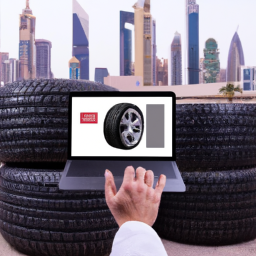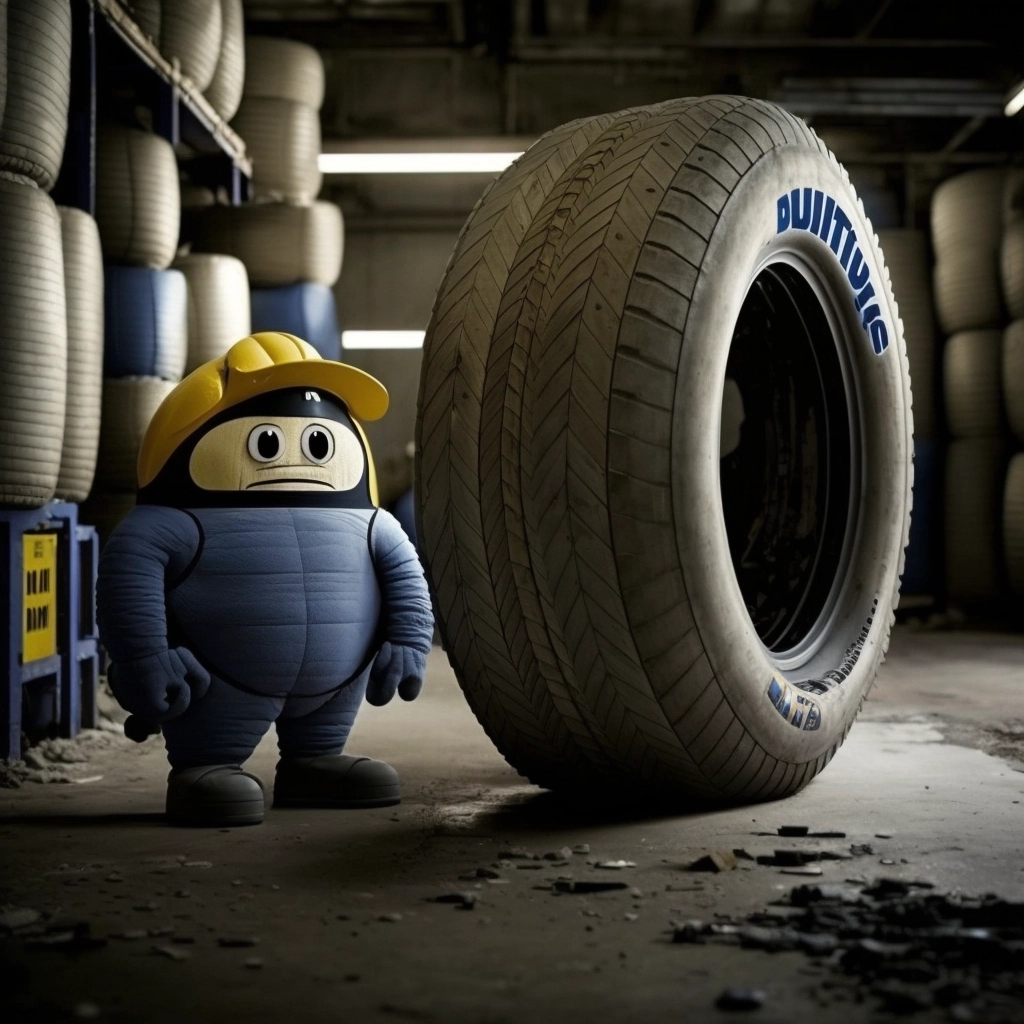Michelin and Continental are two of the largest tire manufacturers in the world, known for their high-quality products and innovative technologies. Both companies have a rich history and extensive product lines, but there are several key differences between the two that set them apart from one another.
Michelin, a French company founded in 1889, is known for its focus on innovation and sustainability. The company has been at the forefront of tire technology for over a century and is responsible for several industry firsts, such as the radial tire and run-flat tire. In addition, Michelin is committed to reducing its environmental impact and has set ambitious sustainability targets, including reducing its CO2 emissions and increasing its use of sustainable materials in its products.
Continental, a German company founded in 1871, is a leading producer of tires for cars, trucks, and motorcycles. The company is known for its high-quality products and innovative technologies, including advanced tire compounds that provide improved performance and longer tire life. Continental is also committed to sustainability, with a focus on reducing its environmental impact and promoting energy efficiency in its products.
In terms of product offerings, both Michelin and Continental offer a wide range of tire products for different types of vehicles. However, Michelin has a broader range of products, including tires for motorcycles, bicycles, and heavy-duty vehicles, while Continental primarily focuses on tires for cars, trucks, and motorcycles.
Both Michelin and Continental have a strong global presence, with operations in numerous countries and a large network of distributors and retailers. Both companies also sponsor motorsports events, including various races and rally events, which helps to showcase their products and technologies.
In conclusion, both Michelin and Continental are leading tire manufacturers that offer high-quality products and innovative technologies. While both companies have similar commitments to sustainability, the differences in their product offerings and focus areas set them apart from one another. Ultimately, the choice between Michelin and Continental will depend on individual needs and preferences, as well as the type of vehicle being driven.







